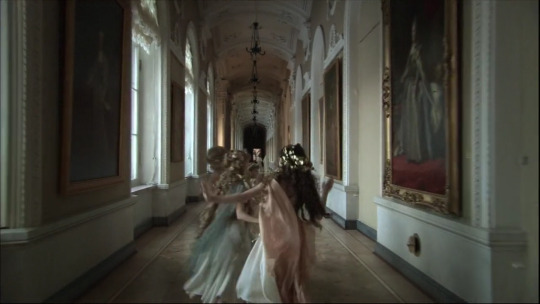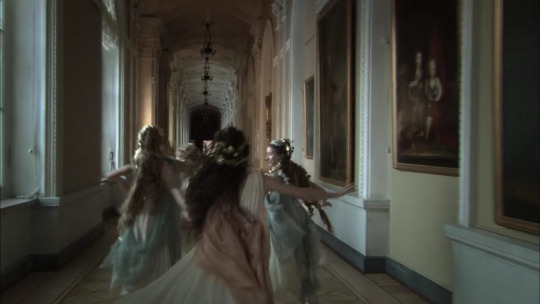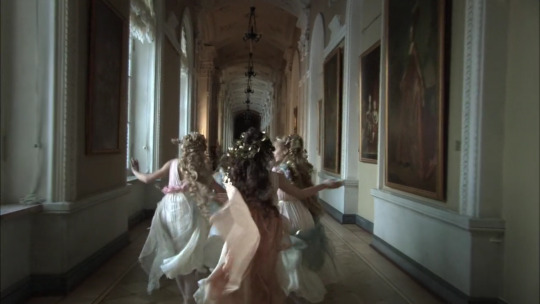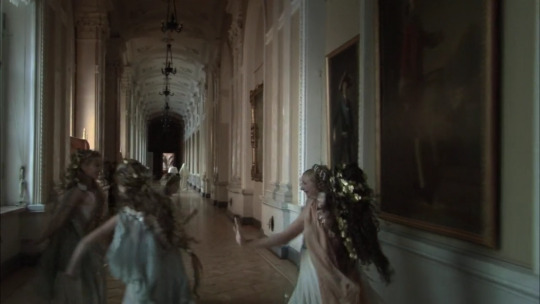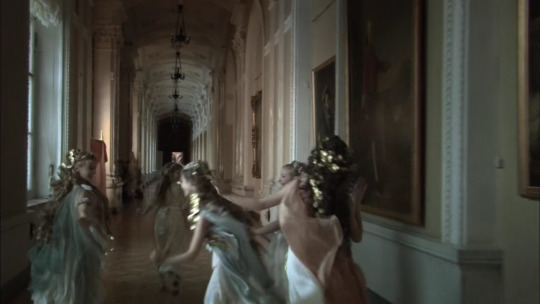#Russian Ark
Explore tagged Tumblr posts
Text










Romanov movies: {02/??} - Russian Ark (2002)
83 notes
·
View notes
Text

#movies#polls#russian ark#russian ark 2002#russian ark movie#2000s movies#aleksandr sokurov#sergei dreiden#mariya kuznetsova#leonid mozgovoy#mikhail piotrovsky#edisher giorgobiani#requested#have you seen this movie poll
64 notes
·
View notes
Text









Russian Ark (2002)
#russian ark#aleksandr sokurov#film diary#I watched this a month ago but I remembered that phrase suddenly today#'This painting and I we have a secret'#It's stuck to my head I'm thinking it for every piece of media I love me and this song we have a secret me and this book we have a secret#me and russian ark we have a secret
45 notes
·
View notes
Text



Run. I can’t keep up with you. Little birds.
#russian ark#anya antonelli#princess anastasia#we are destined to sail forever live forever#patterns of distraction#all eternal things#love in a time of...#feeling a moment#beauty's where you find it#step back in time#feminine aesthetics#the soul takes flight#elisa english#elisaenglish
34 notes
·
View notes
Text
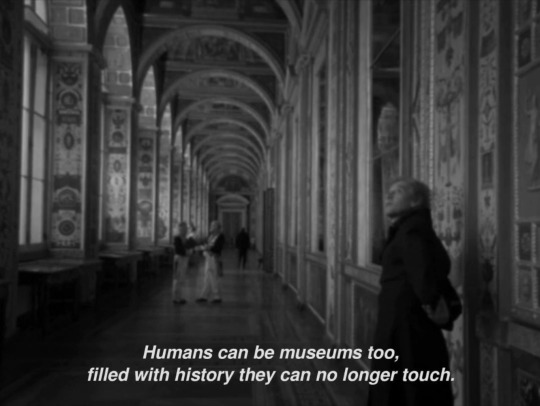
Russian Ark (2002)
Dir. Alexander Sokurov
#and im a history of trauma unfortunate incidences and suicidal ideation#perhaps my entire history is built on knowing that i shouldnt have a history at all that; everyone just wanted me dead since birth#movies#film#film quotes#quotes#black & white#black and white#b&w#russian ark#russian ark 2002#alexander sokurov
116 notes
·
View notes
Text


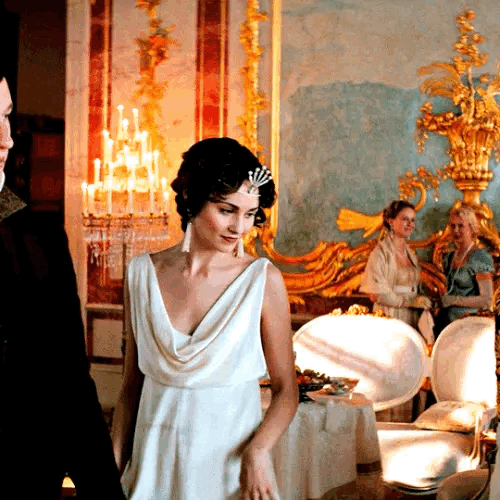

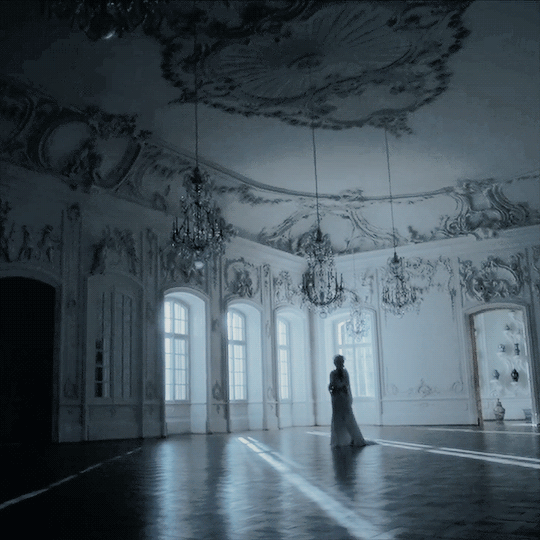

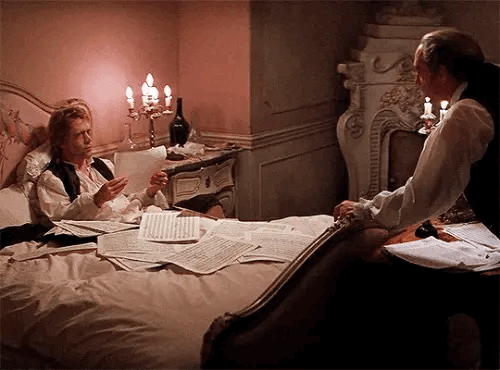
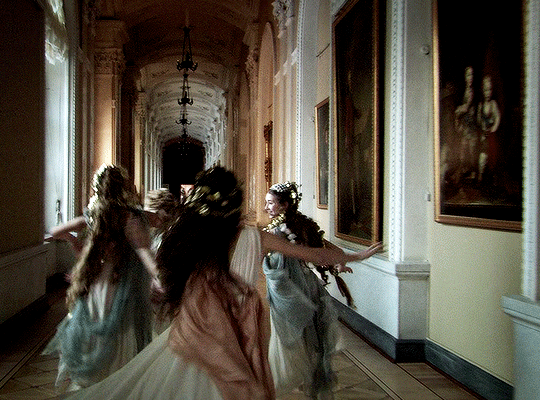
The Napoleonic Wars
“All my life I have sacrificed everything to my destiny—peace of mind, interest, happiness.”
— Napoleon Bonaparte
Following the French Revolution of 1789, Europe was plunged into a series of great power conflicts which lasted from 1792 to 1815. Seven coalitions were formed against Revolutionary France. Napoleonic armies marched from Lisbon to Moscow; to the Scandinavian Peninsula and the Mediterranean islands. The conflict was global in its scale and impact. Major battles and massive changes occurred in Europe, the Americas, the Caribbean, the Middle East, Africa and Asia.
By 1815, several empires had fallen but the ancien régime had emerged victorious against the forces of the French Revolution. They would retain this power until the outbreak of the First World War, 99 years later.
#Napoleon#Napoleonic wars#French Revolution#napoleon bonaparte#19th century#18th century#war and peace#war and peace gif#film#cinema#movies#movie#film gif#Russian ark#Mozart#Amadeus#first french empire#napoleonic era#napoleonic#france#Russia#Britain#dark academia#classic academia#mood board#aesthetics#aesthetics mood board#history#dark academia aesthetic#frev
126 notes
·
View notes
Text
Psychohistory and the eternal people: Russian Ark and my grandpa's demise
[Disclaimer: for obvious reasons, this post deals in heavy subject matters regarding family death, natural disasters, and (worst of all) potential spoilers for Aleksandr Sokurov's Russian Ark. Reader's discretion is advised.]
So, remember when in the Ferrari post I said:
"We were at my grandparents' for Christmas and as we drove through the town my father looked out of the car's window and saw an obituary with his last name on it. I didn't quite catch who exactly it was and how they were related to us - and rest assured they most likely were, it's an Abruzzo thing. As most of my family's deaths, as discussed on my Godflesh post, were on my mother's side, to see my father's last name on a mortuary announcement was a bit of a surprise, in that as you probably can imagine it's also my last name. It's a new experience which, in total frankness, I don't exactly hope to replicate soon."
…anyways, July 17th, 2024 I get a phone call around 7:15pm. Grandpa is dead. Not like we didn't know, right — I hadn't been sleeping for days just so I could be awake when the phone call hit. Kidney collapse usually takes between twenty-four and forty-eight hours to get your ass. Grandpa took five days. Could have been three but the pacemaker did its job, unfortunately (not being able to contain any sort of discharge liquid is, how could I say?, immensely painful and irreversible). I had been living alone for the past three days, surviving on an empty fridge and anything canned I could find in my parents' house, working on my bachelor's thesis. Sometimes I'd watch a movie or something. So I'm reading this book on digital cinema — photonumerical, rather, as in it's still shot irl by an actual camcorder and not computer-generated — and of course Sokurov's Russian Ark gets namedropped in there. It's only one hour and a half anyways, so whatever, I watch it while eating lunch, i.e. canned tuna and perhaps salad from some kind of fucking plastic package.
Russian Ark takes every available opportunity to destroy flatness and depth, mixing them up into indistinction. Since the camera is constantly moving, zoom-ins and zoom-outs lose the exact sense of dimension. Objects, people and locales in the frame get squished, morphed, moved, and this is especially evident in Sokurov's frequent closeups on paintings. Usually never shot head-on, generally favouring an angled view of their surface, moving closer or further, left or right, up or down, slowly zooming in or our, paintings suffer the same effect as the three-dimensional objects of the movie, and therefore become one with them, achieving a manner of three-dimensionality and motion. Custine's impassioned reading of a Flemish painted interior (a Rembrandt, if memory serves) underlines all these moving elements, or elements that should be moving:
"Rags… a dog… eternal people…"
And it's these eternal people who "live and go on living… you'll outlive them all". It's these eternal people who gain motion in this medium, as opposed to all the non-eternal people who remain for all intents and purposes confined within the ark itself. History is a trap and art is perennially tasked to find a way to escape it, whether it realizes or not. A psychological (psychic?) reading of history, not too far away from psychogeographical practices, could be on display here: and while it may be much easier to be psychologically influenced by, say, the way a place looks rather than the mythologized recollection of a historical figure, as it stands a lot of people still romanticize and/or fantasize about Julius Caesar or general Armando Diaz or Dante Alighieri. Why not Catherine the Great or Peter the Great or Nicholas II's children then?
Russian Ark is not a particularly accurate historical movie. It's certainly very concerned with aesthetic matters first and foremost — as in, it mostly cares for its scenes to stick the emotional landing regardless of who is being portrayed, most of the time: does Sokurov really expect me to get emotional for the Romanovs? — and its whirlwind nature makes it especially hard to know what the fuck is going on if you don't know much about Russian history itself, mostly because the movie often flatout refuses to make itself clear. But this last thing is no issue to me. This should come as no surprise to anyone who can remember what my all-time favourite movies are. Miami Vice (2006) straight up hates you, the viewer, and dumps kilos upon kilos of technobabble and contrived dialogue on your ass only to hit you later with incredible aerial shots of a motorboat — I'm sorry, I do mean a go-fast boat — crossing the sea, where two people are passionately looking at each other and all of a sudden the movie finds its punctum, its center of interest. INLAND EMPIRE needs no introduction, mostly because I wouldn't know where to start giving one to it. The Warriors is a Walter Hill movie and as such it hates talking. Una giornata particolare rests on quite specific knowledge of practices against political dissidents in fascist Italy, but also loves to make references that would be impossible to catch if you don't know anything about contemporary Italy either (my favourite is when it reminds its audience that Giovanni Agnelli was a senator under Mussolini, wherein in the current day the Agnelli family basically own half of this country's industrial strength, and change). Mark Fisher still said it best: "[…] as Deleuze says in The Logic of Sense, why, if superficiality is defined as lack of depth, is depth not defined as lack of surface?".
Right before the funeral, my mother remarked that my sister looks a lot like my grandpa in some ways. Of course, my sister wasn't exactly amused by that comment, considering she's a sixteen-year-old girl and he was an eightyfive-year-old man with five sons of his own, so my mom decided to delve deeper into that mentioning exact points of comparison (my favourite was the nose, notoriously massive for every person in my father's family) and then went on to say "oh, but look, Grandpa used to be quite handsome when he was younger!". As a Star Trek enjoyer, it was hard not to mention that "handsome is what you call old women" while throwing your drink on Captain Picard's lapel.
Russian Ark celebrates a place (the Winter Palace, in Saint Petersburg) just as much as it celebrates the hundreds of years of human beings within it. Aleksandr Sokurov, I'm willing to bet, did not personally know everyone who ever lived there; the same operation directed by you and set in a generic apartment building in your area would probably yield more personal results. Russia's history is turned into a recombining mishmash by the fall of the Berlin Wall, but if you think about it anyone has cataclysmic events that force us to reconsider and recatalogue, leaving us with a jumbled, freely-associated mess of data, events, information. This mess allows for new connections to be born. Associations previously thought inadequate, inappropriate or simply impossible are now the first thing that springs to mind. Details are lost to time, then found at the next cataclysm, traded for others. Alain Resnais called memory an "evident necessity", which automatically entails that the processes of memorization (which includes forgetting, distancing effects, etc.) are themselves inevitable, if painful. Why deny it?, he rightfully asks.
My mate F.'s house was declared unsafe to inhabit after the August 2016 earthquake. It stood empty for about a year or two, then got demolished in (I think) 2019. For a really long time, all you could see were bits and pieces of the original tiling in the kitchen, the ascending line of paint that followed the stairs, the master bedroom's wallpaper. Pressed two-dimensionally against otherwise whitewashed walls, they projected outward their original full form, yearned for it to me. All of their history, or at least all of the history I had made experience of, sort of manifested itself, unfolded at random, reminded me of an offhand comment I'd heard once, or of that one time that F.'s grandfather had made it abundantly clear that I should avoid Psychology uni. The guy had been a Marxist-Leninist militant in the '50s and '60s, so I can at least justify his distaste.
After the pandemic, it took them about three years to actually get the work on the house started. When I came to visit Grandpa in the hospital, last June, I took the time to pass by and saw that it actually had been structured. They're changing the layout of the whole house, thank God, because the original structure always struck me as surprisingly inefficient and contrived. When the house is back up, I know it will not be the same thing, because the places themselves where the memories had been will no longer be there. But there will be an echo of aunt L. stuck in the new living room's ceiling, a past version of F.'s parents calling at us to get ready for dinner from across an empty expanse where there used to be a wall, or a door, F.'s dad's PlayStation One hooked up to a TV right in the middle of what used to be a tiled floor.
The process of historicization isn't that far off, anyway. Mythologizing practices are inherent in historiography, both folk and academic. This one scholar specializing in Carnival rites of Northern Italy went near Brescia once, in the mid-1900s, and asked a middle-aged farmer about traditional Carnival rites currently in practice at the time. The farmer described the current rites, then added that "after the Council of Trent, Carnival has become much worse". Quite flabbergasted, as there was no chance in hell that the woman had received education about an ecclesiastic event that took place in 1545, the scholar asked the lady if she knew when the Council of Trent had happened, and her reply was: "It must have been when my grandmother was alive or when my mother was young, because I wasn't born yet". Russian Ark takes the next logical step: everything happens all the time. No strong narratives means you make up your own, for better or worse. We all live in a yellow submarine, or more precisely in Noah's Ark, and every one of our arks is shaped slightly differently. Mine looks like a mountainside two-floor house that's painted white, where a lot of people come for big dinner parties just about every weekend of August, where my grandpa is sitting on a plastic chair, lighting a cigarette, silently watching around, smiling at the beauty and bustle of life. How does that one Fellini line go, from the end of 8½? "È una festa, la vita…"
3 notes
·
View notes
Text
Russian Ark (2002)
26 notes
·
View notes
Text
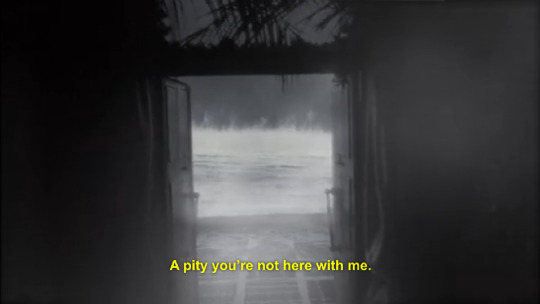
@razielim
Ending of Russian Ark (2002) fucked me and my dad up gabe thank you, we love you <3
#that's it that's the post#might write some thoughts tomorrow because my brain is racing right now#my ramblings#russian ark#movies
6 notes
·
View notes
Text
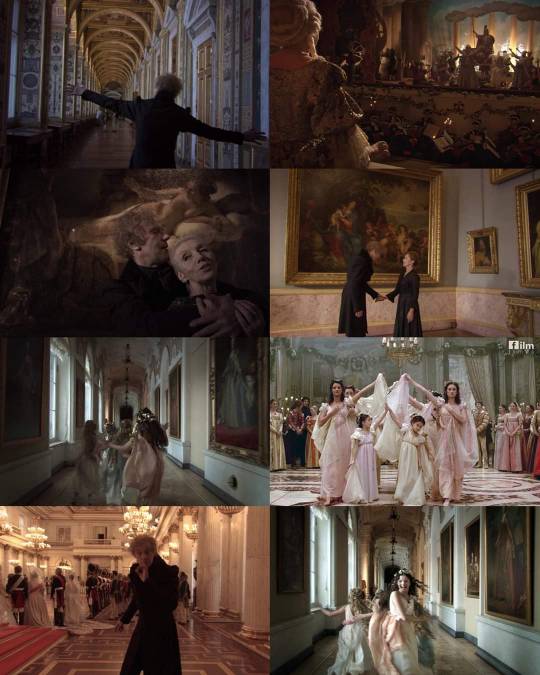
"We are too late for the present, too early for the future."
21 years ago Alexander Sokurov's haunting masterpiece 'Russian Ark' was released.
Cinematography—Tilman Büttner
#alexander sokurov#russian ark#meanwhile in russia#saint petersburg#hermitage museum#movies#tsarist russia
3 notes
·
View notes
Text
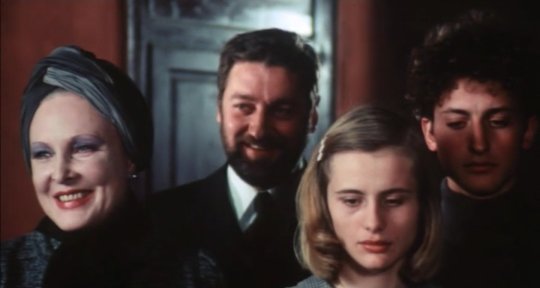
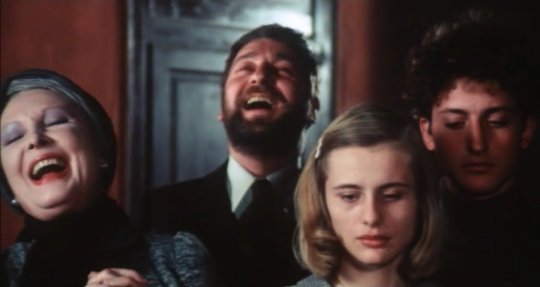
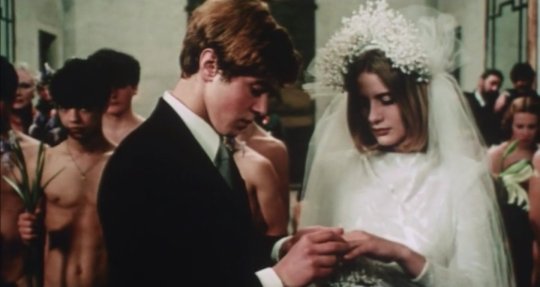
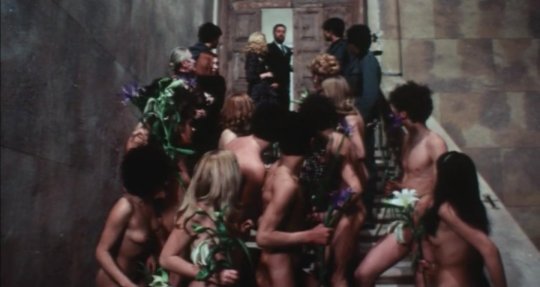
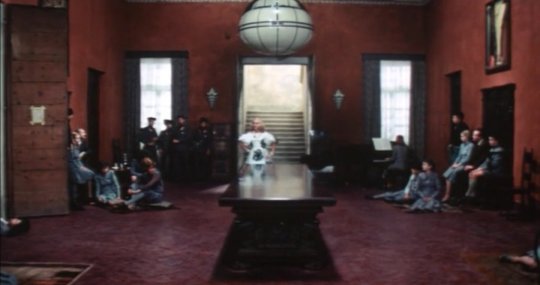
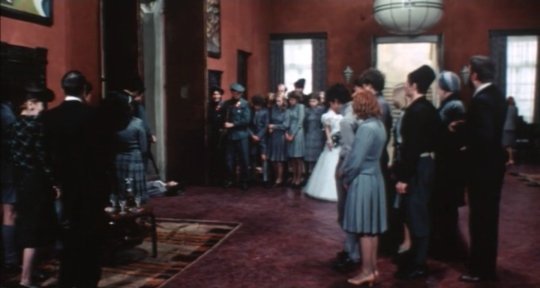
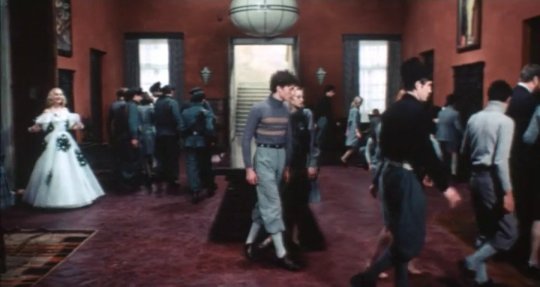

19 notes
·
View notes
Text




Russian Ark, dir. Aleksandr Sokurov
10 notes
·
View notes
Text
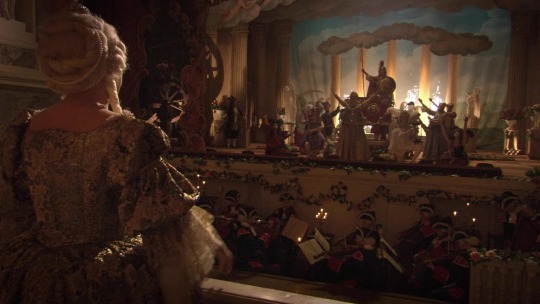
Seen (again) in 2023:
Russian Ark (Aleksandr Sokurov) 2002
2 notes
·
View notes
Text
instagram
pity
4 notes
·
View notes


